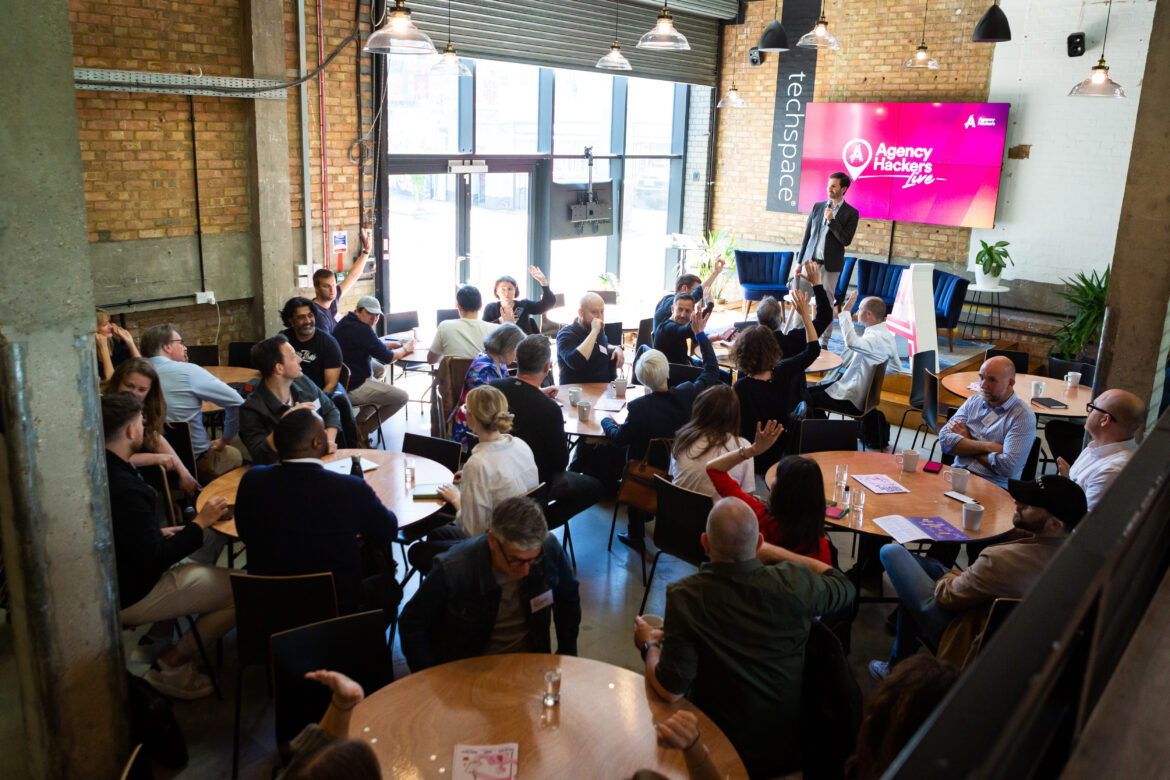The Healthy Growth Event
Join us in Birmingham (12th March 2024) or Edinburgh (14th March 2024)
12.30pm-5pm
• Meet like-minded agencies on a growth journey
• Join private conversations on running a healthy business
• Share questions, make friends, and help others improve their agency
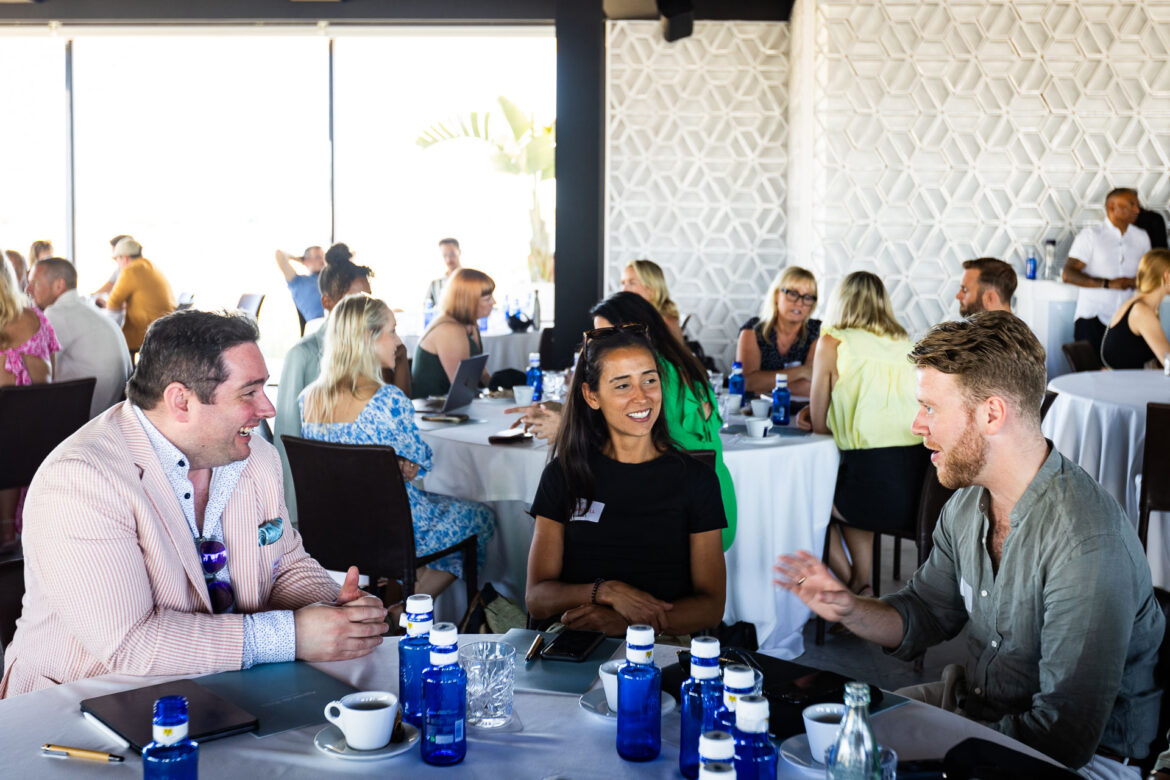
How can you make your agency a better place work as you grow?
When a caterpillar becomes a butterfly, it goes through a stage where it’s neither – instead it’s a gooey, sticky mess!
You see the same phenomenon when you grow an agency. There is an intermediate phase where you aren’t small or big – instead you’re a mutant alien covered in the goo of transformation.
- You either have too many non-billable people, or not enough.
- You become completely ossified by process – or you have none, and everything falls between the cracks.
- You are working too hard to have a ‘lifestyle’ business… but you’re not making enough profit to be a ‘performance’ business.
It is hard to navigate this well – and during this growth your people are the first to suffer.
Join us for this special event with agency management platform Streamtime to take part in join conversations covering healthy operations, employee wellbeing, growth and more. Hear inspiring case studies that you can learn from and apply in your own agency.
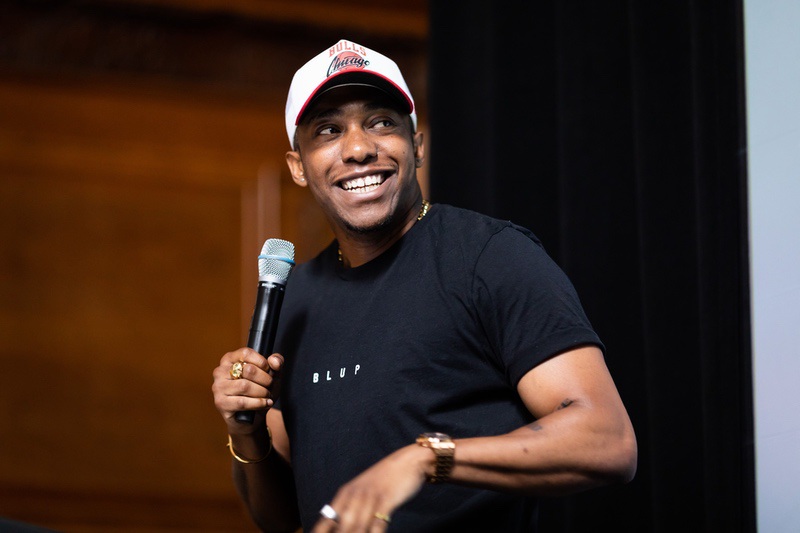
Who you’ll hear from 🎤
In Birmingham and Edinburgh, you’ll hear from other agency founders and agency operations leaders on what they’re doing to grow their agency – and make it feel like a calm, healthy place to work.
You’ll be privy to live case studies and unique perspectives from some handpicked speakers. You’ll also take part in intimate discussions with your peers – a chance to put your head together and find out what others are doing to make their agency work better.
This event is for your agency’s founder, senior leaders – or anybody directly accountable for running a better and more purposeful agency.
Your speakers 🎤
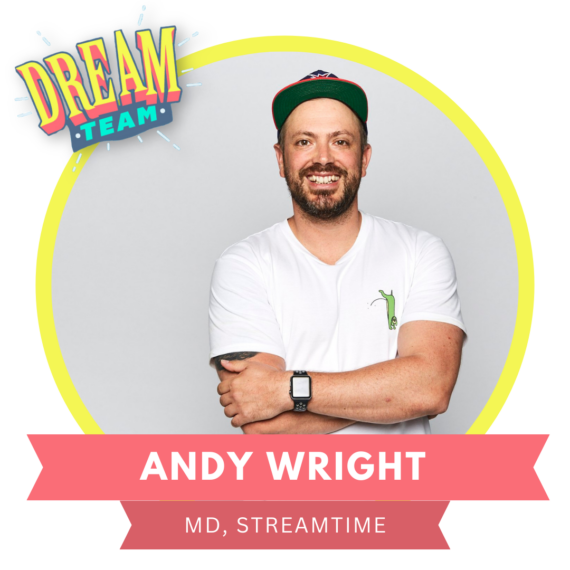
How Do We Create a Happier, Healthier Creative Industry?
Research in 2018 found that more than half of us in the creative industry experienced symptoms of mental ill-health – with only half feeling they wouldn’t be treated differently if they disclosed symptoms or a diagnosis at work.
“These results shocked our industry into action,” says Andy Wright, who, when not running Streamtime is working hard on improving conditions in the industry that lead to much better mental health outcomes.
“Since 2018 we’ve conducted bi-annual surveys with almost 2k people and found that, while progress is slow, there are some improvements. But there are many challenges still ahead in leader and manager training, realising that your mental health strategy isn’t just a checklist of yoga Thursdays and an additional mental health day once a month.”
👉 At the Dream Team event, Streamtime Managing Director Andy will be sharing more of this research alongside learnings on how the way we run our agencies is the single biggest factor that we can affect to improve wellbeing. He’ll also share stories of what not to do based on his experiences.
Birmingham
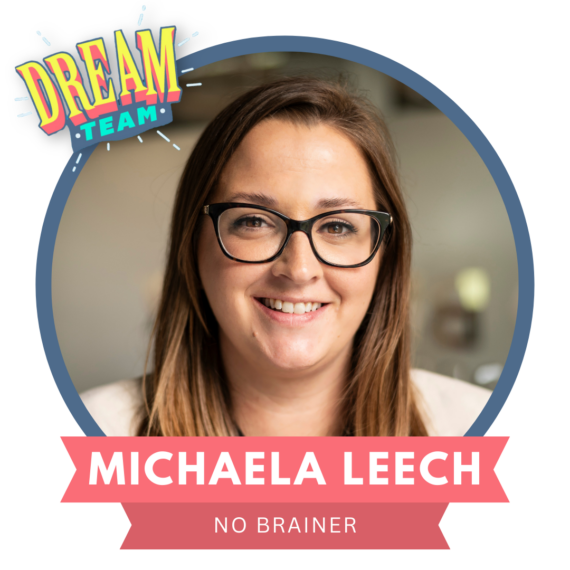
Why Transparency & Feedback is the Key to a Healthy Workplace
“I’ve worked in places before where they listen to feedback, but then nothing really ever happens. You say that you want to know what our opinion is, but it’s not going to change anything,” says Michaela Leech, people and operations director at No Brainer.
This is a common problem amongst a lot of agencies. The intentions are good, but most employee feedback is heard once and then never picked up on again.
But that’s not the case at No Brainer – one of Campaign’s ‘Greatest Places to Work’ 2023. They actively go out of their way to listen to their employees.
“We have bi-annual listening surveys,’ explains Michaela. “I always present back the results on them and what we’re going to do on it. Every level within the business gets a listening group once a quarter with the founders.”
Michaela is one of the main reasons No Brainer won the Great Places to Work certification. As people and ops director, she’s successfully weaved together both a people-led and a processes-led approach to sustain an excellent growth curve for the agency – and maintain a fully functioning hybrid working model.
👉 At Dream Team, Michaela will delve into how No Brainer has mastered the art of listening to their employees, embedding it into the way they operate as a business, and how this has helped accelerate growth for the agency. [Read more]
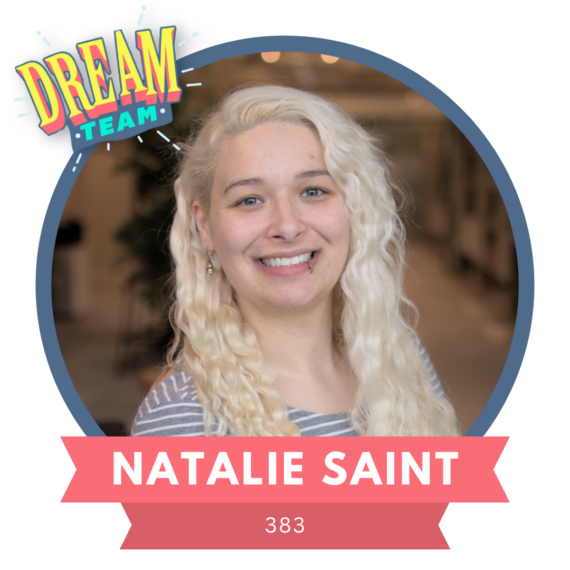
The Advantages of Being a People-First Business
Most agencies talk the talk when it comes to company culture – especially post-covid. But how many actually practice what they preach?
“People talk, don’t they? If your culture is bad, people won’t join and they won’t look to work for you,” says Natalie Saint, senior operations manager at 383. “You’ve got to really be thoughtful of your people because they are the business.”
At 383, Natalie and her team worked hard and took some massive leaps in order to become B-Corp certified– also earning them the, and wound up being voted ‘Best Workplace for Women’ award in 2023.
But how did they become such a great place to work?
- Workplace flexibility – “You want to try and give your people as much as possible to entice them to stay – or to return if they depart. We try to do sabbaticals and all the things that make the job fun and beneficial.”
- Employee input and representation – “We have a 383 ‘council’, which is a way for all of our people to have a representative in their departments, to come forward and give ideas.”
- The right level of transparency – “We try to be as transparent as possible so there’s no scaremongering, and everyone has psychological safety.”
👉 At Dream Team, Natalie will delve into how being a people-led company turned 383 into the B-Corp certified and Best Workplace for Women agency it is today, and why you might want to think about doing the same. [Read more]
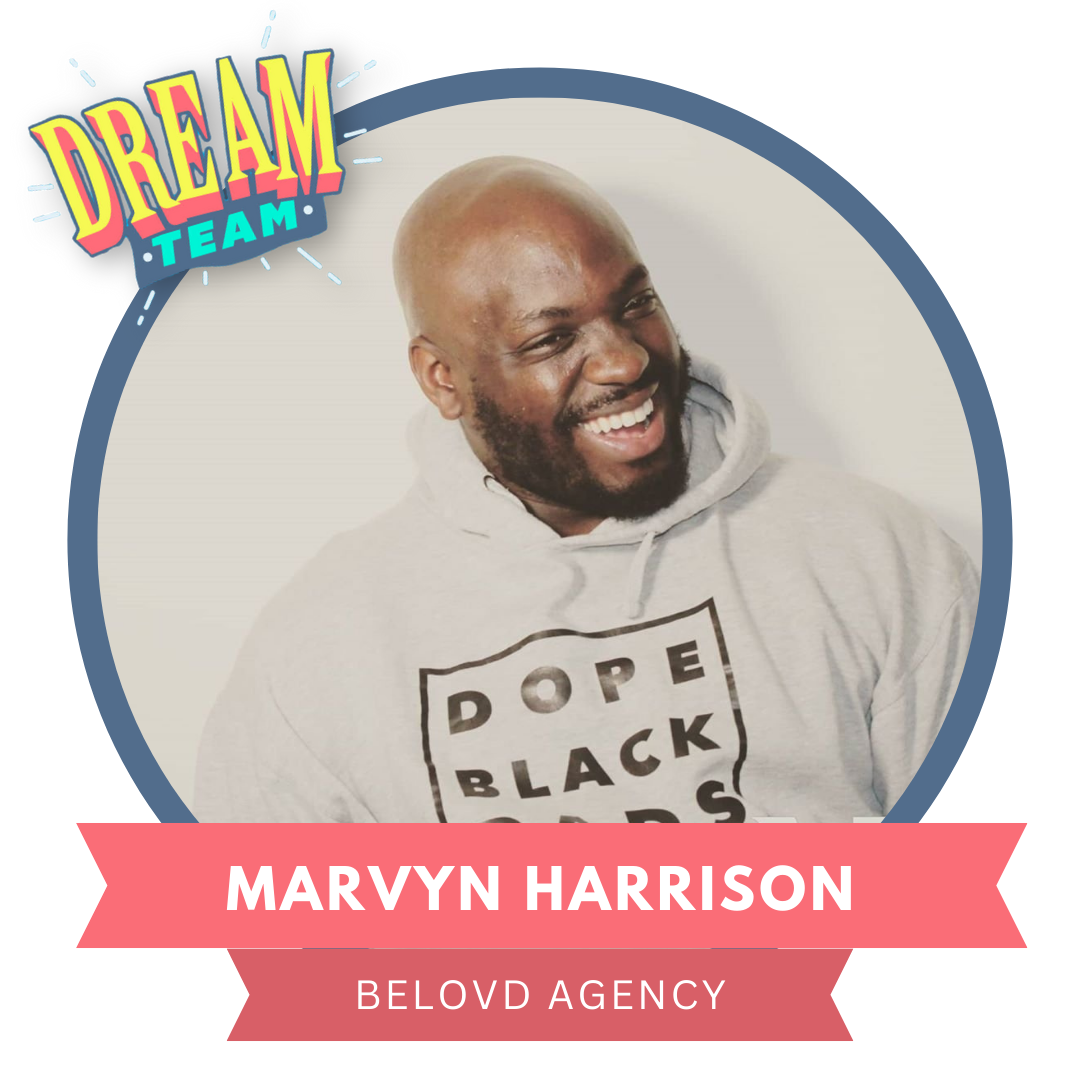
How to Balance Global Social Change with Running an Agency
When you’re running an agency, it’s important to take a step back once in a while to look strategically at what you’re doing – otherwise how will you grow?
Nobody knows this better than Marvyn Harrison, founder and chief vision officer at BELOVD.
Marvyn was at the forefront of social change in 2020. When protests erupted across the globe in response to the murder of George Floyd, Marvyn was sitting down with politicans, having conversations about how those in power can do better.
“I just gave myself to to the mission. I didn’t ask any questions, I just knew I had to do something,” he says. “But I worked so hard I actually got ill off the back of it. And it took two years for my body to regulate from doing those 18-hour days and being on every zoom call and sitting down with everybody.”
It’s easy to get lost in your agency’s mission, especially if you are the person that crafted it. What’s difficult is learning how to take a step back to reflect on what’s working, and what isn’t.
“I think now that I’ve done it, I understand how to do it better. So now we have the processes in place to give support. It’s much more structured than before, where it was just brute force and energy.”
👉 At Dream Team, Marvyn will take us through how the right processes can prevent overwhelm and wellbeing issues, as well as the realities of running a global consultancy network and adapting to a constantly changing team. [Read more]
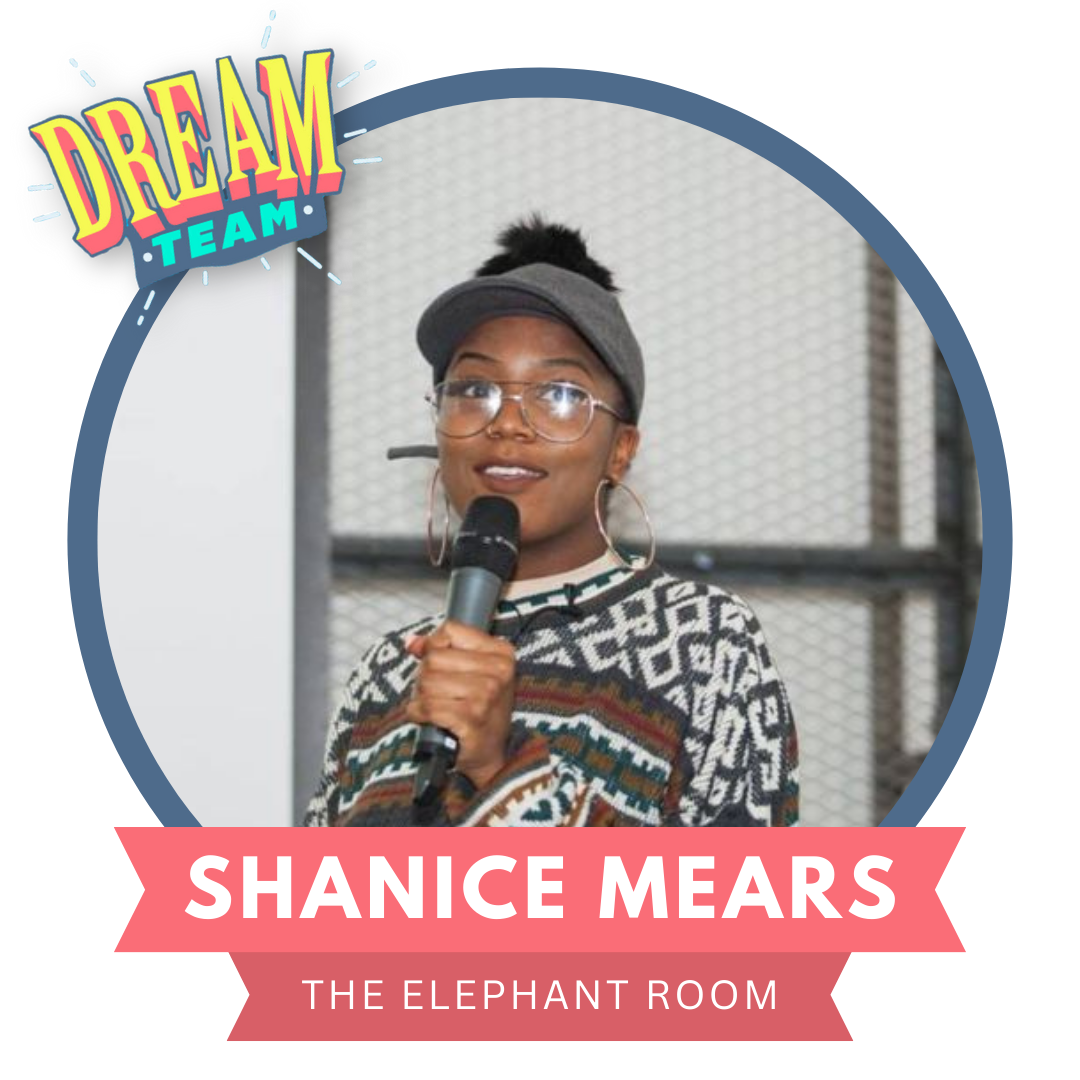
“How We’re Empowering Our Team to Develop in a Hybrid World”
Everyone has had a manager who wasn’t very good at managing.
Maybe they were friends with the boss and got a leg up that way, or perhaps they bided their time and were granted a promotion purely based on longevity.
But what knock on effect does that have on junior staff?
“‘Some people are brilliantly shit at their job’ I’ve often been told. It’s sad, but true,” says Shanice Mears, Co-Founder and Head of Talent at The Elephant Room. “People who have been in their job for 25 years – they make a shitload of money, and they just don’t care what’s happening to the junior at the bottom.”
“I think that’s the reason why we have such bad management and bad leaders now. 10-15 years ago, people weren’t taught how to manage other people, or to be empathetic.”
So at Elephant Room, a key principle for the business is to support the development of their team – setting them up with the skills to not only flourish in their sector, but also developing leadership ability.
“I think a lot of people underestimate development in agencies. We can’t be that generation to make that same mistake – we have to be accountable.”
👉 At Dream Team, Shanice will share how she’s empowering her team to develop their skills, whilst making sure everyone remains invested in the agency’s values. She’ll also speak on the balancing act of nurturing an agency culture in a flexible working environment, and why transparency is the key to being an inclusive employer. [Read more]
Edinburgh
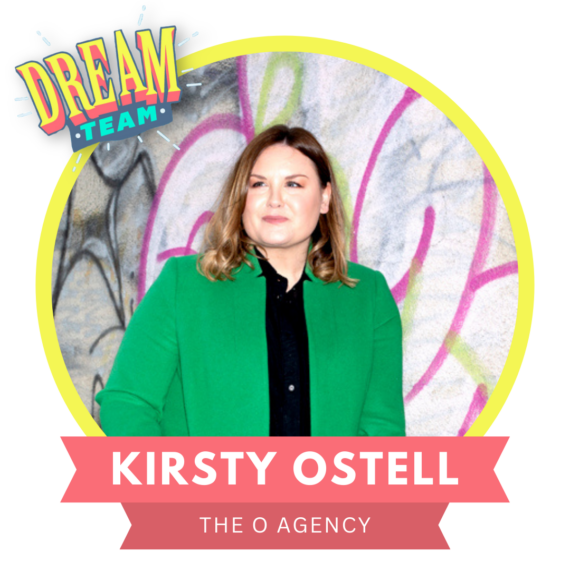
How Can We Understand & Integrate Young Minds into the Modern Workforce?
“There’s a lot of talk around young people and Gen Z not being hard working anymore,” says Kirsty Ostell, managing director at O.agency.
“I think a lot of assumptions get made about them; people assume they’re lazy, but I think it’s more a lack of understanding; there needs to be a broader conversation.”
At O.agency, Kirsty has gone out of her way to make sure they really get to grips with and understand how this current generation thinks in order to make their business operate smoother.
“We work with universities, colleges and schools to try to educate and bring people on that journey, giving them more of an understanding of what a marketing career actually is,” she explains.
“The idea is that they’re part of the programme and can help shape our understanding of what the next generation wants from the world of work, as well as giving them the opportunity to enter it in the first place.”
👉 At Dream Team, Kirsty will delve into how O.agency is endeavouring to understand more of the current generation’s mindset, and how we can begin to have broader, more meaningful conversations around it. [Read more]
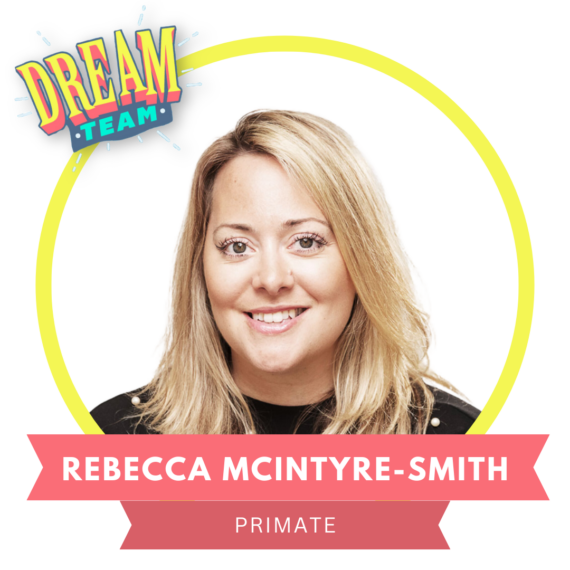
How to Navigate a Crisis While Running a Business
In 2018, Rebecca MycIntyre-Smith’s husband was diagnosed with stage three head and neck cancer.
And yet, rather than taking time off from her role at Primate to look after him, she tried to do both.
This ended up being a huge mistake: “When I look back, I think, ‘Why did you not take six weeks off sick, you absolute lunatic?’”
But the tribulations didn’t stop there. Once her husband was cleared of it, Rebecca was unexpectedly diagnosed with cancer.
All the while, Rebecca continued working at Primate.
“Eventually, my co-managing partner sat me down and said, ‘Right, we’re going to force you to take time off. It’s not optional. It’s not because we don’t want you, it’s because you have to go and get better’. And I burst into tears.”
👉 At Dream Team, Rebecca will take us on her journey of dealing with a crisis whilst running a business. She’ll delve into the impact it had on her team, and the lessons they’ve all learned when it comes to crisis planning. [Read more]
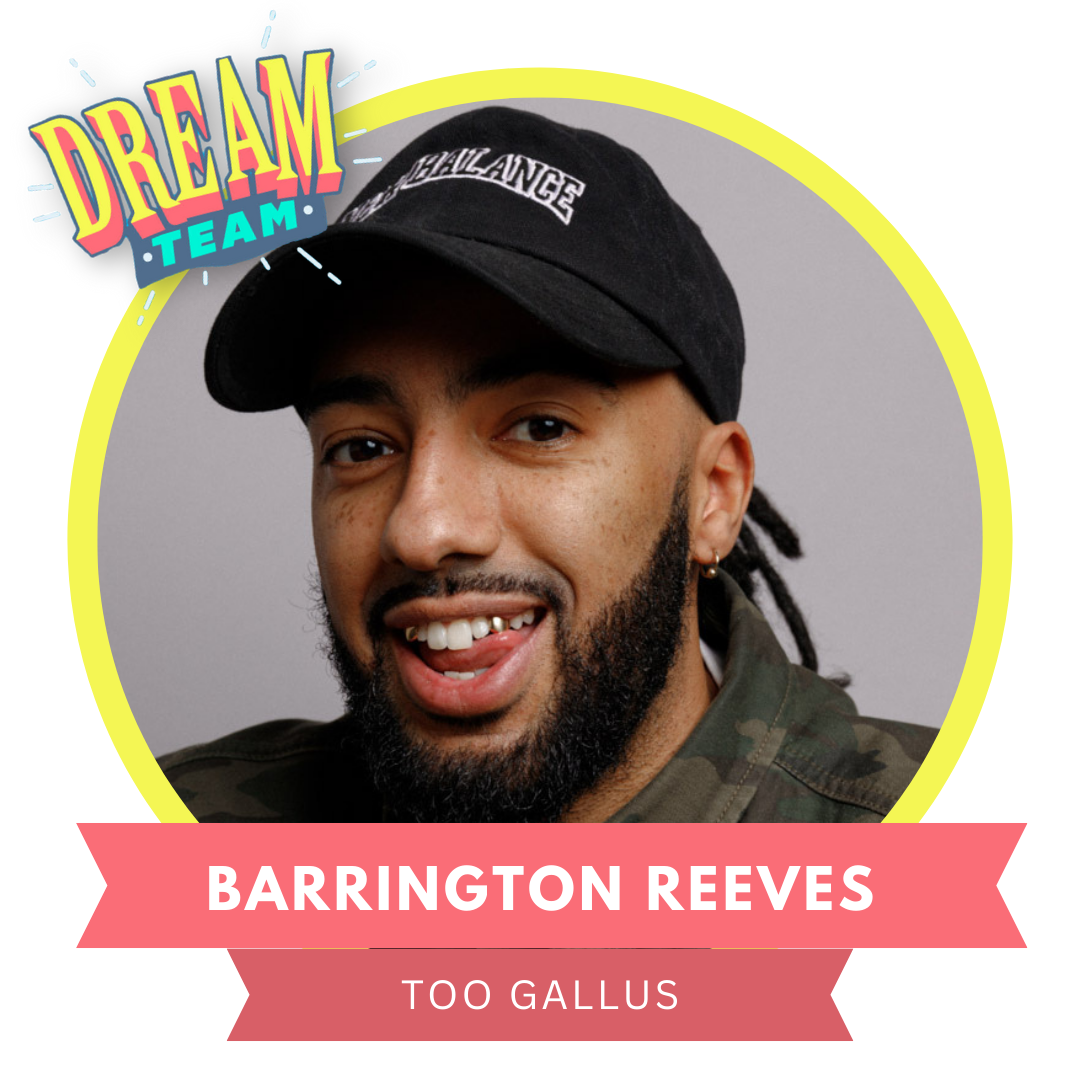
How to Create a Culture You Can Be Proud of
“We’ve always been conscious that the well-being of the staff keeps everything ticking over. Without everybody feeling good and operating optimally, we can’t succeed,” says Barrington Reeves, founder of Too Gallus.
When you start building an agency, you always need to think about what kind of culture you want to foster.
“I want them to feel involved with the company, that it’s as much their vision as it is mine,” says Barrington. “I’m always making sure we’re working towards a common goal that’s not just, ‘come in and do you work’.”
Part of this comes down to recognising what’s doable and what’s unreasonable from client requests: are you going to be upfront with them, or will you bend over backwards to make sure everything gets done in time?
“We’re quite upfront with our clients – we will say if they’re being unreasonable. It’s just having that really clear, open communication with our clients and staff. We’ve created quite an open working environment that is hopefully quite empowering for them.”
👉 At Dream Team, Barrington will explore how he’s gone about building a working culture he’s immensely proud of, and how you can do the same. [Read more]
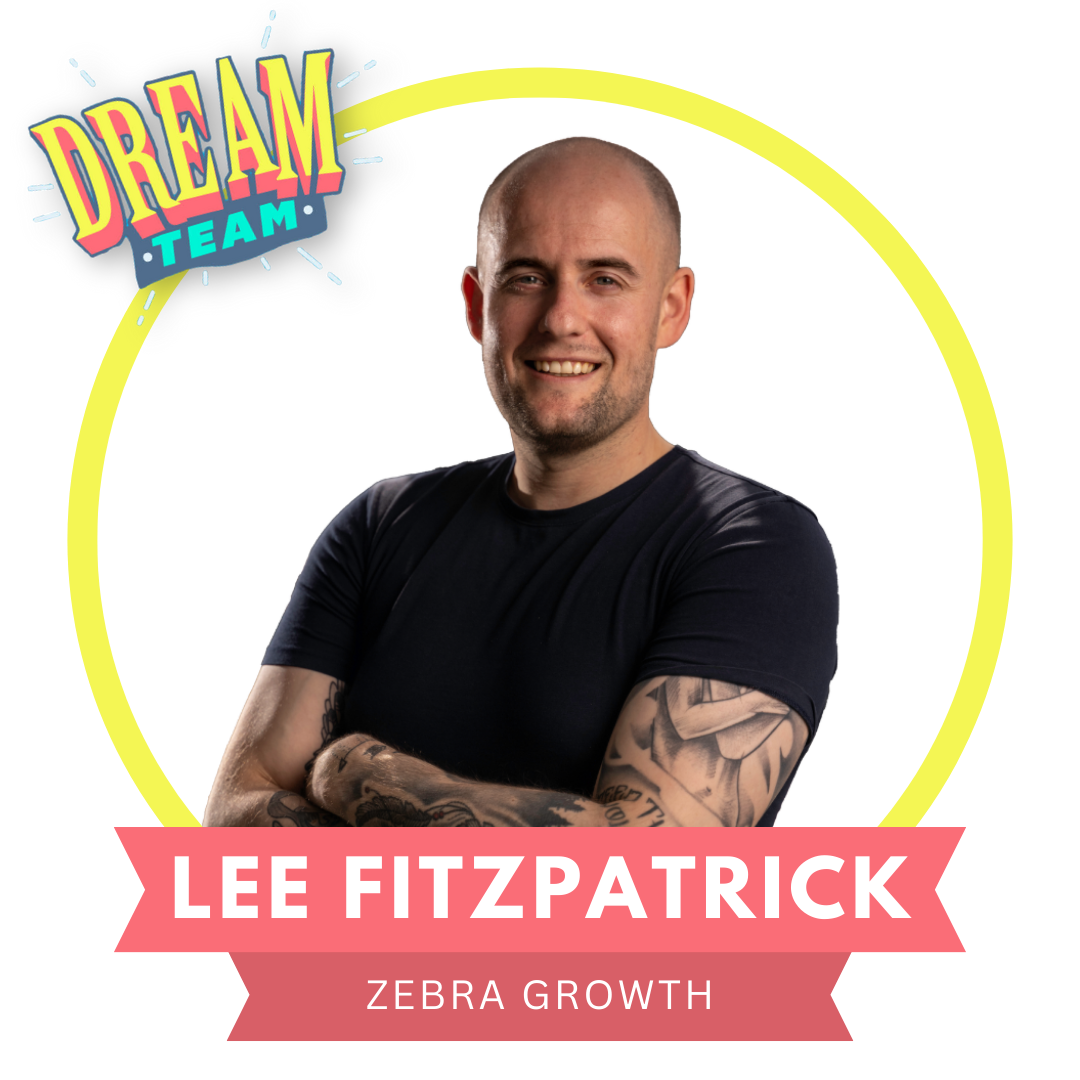
How We’re Using Regenerative Growth Principles To Keep Our Team Happy and Motivated
Zebra Growth operates quite differently to most agencies.
Rather than chasing profit or bigger headcount – co-founders Lee Fitzpatrick and Moh Al-Haifi take influence from Mother Nature for their decision making.
This concept is called ‘Regenerative growth’ and it follows the idea of creating ways of working that are not just sustainable, but also rejuvenating for the environment and society.
Now, a big focus for Lee is how his team can move away from traditional ways of working in an agency that interfere with the team’s – and the planet’s – wellbeing.
“To create an agency that is conducive to wellbeing, happiness, and health – what kind of things do we need to unlearn?”
“We do a bi-weekly ‘un-learning’ session where we take a topic that is part of the agency ‘norm’, but goes against those principles. For example, one of our topics was toxic resilience – the idea that you have to keep going, push through, hit that deadline, work work work work.”
“That usually filters down from founders who have built that resilience or over time. But their more junior team members haven’t had the chance to build that up, and that might be completely overwhelming – so therefore not conducive to a happy, healthy environment.”
👉 At Dream Team, Lee will take us through the key principles of regenerative growth and how his agency is applying them to foster a healthy and happy team culture that aligns with the agency’s mission. [Read more]

We’re running this event in partnership with Streamtime.
Since 2002, Streamtime has helped thousands of creative businesses run healthier, happier agencies.
Its software manages projects and workflows that reduce time spent on resourcing, time-tracking and reporting- allowing more time for creativity. Its ethos focuses on making the workplace happier by internally tracking the health of staff and providing a tool that reduces agency headaches.
Streamtime will be onsite aiding in the discussions around new measures of workplace success and how to predict performance, reduce stress and better coach your team.
